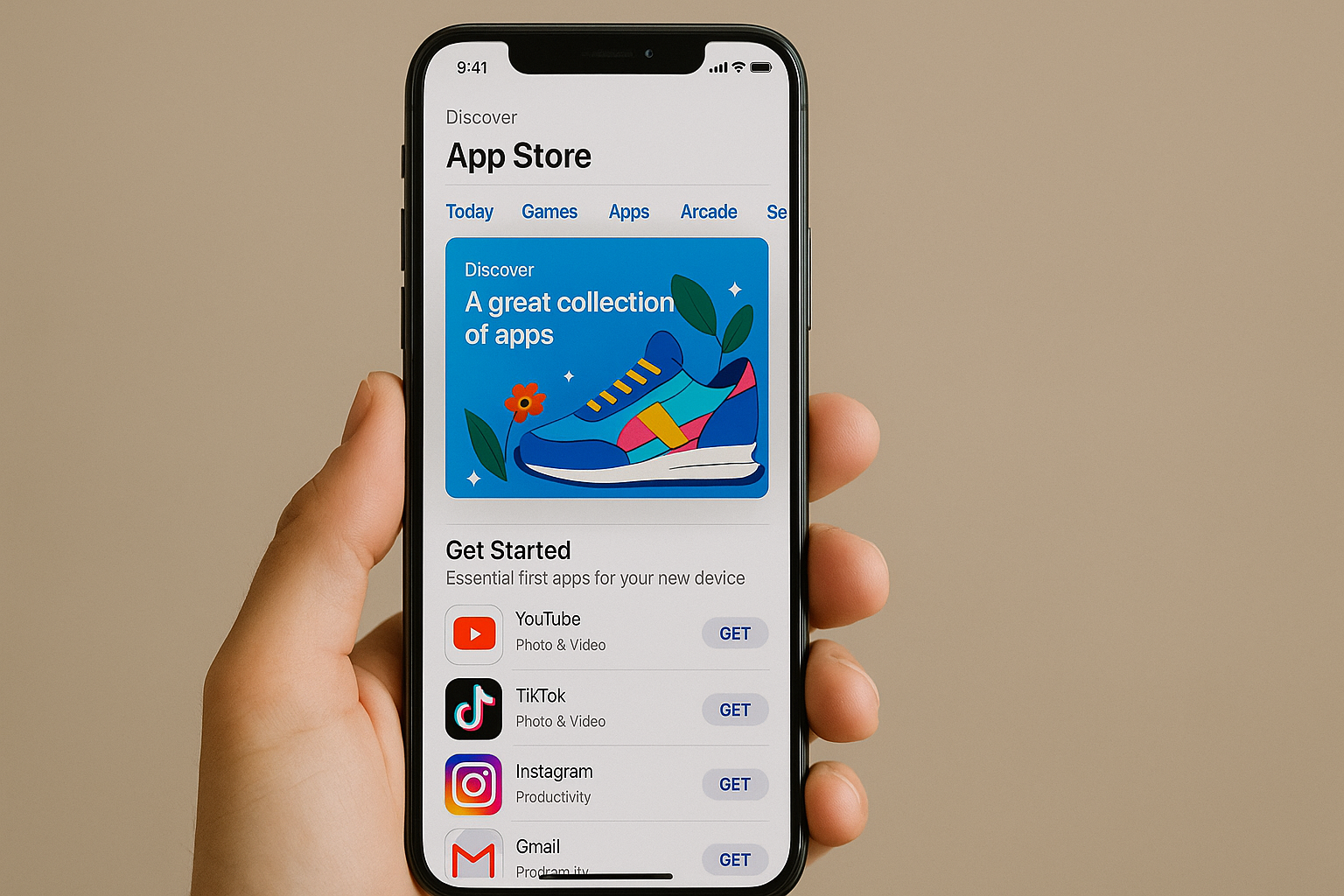In a landmark ruling with potentially sweeping financial implications, Apple Inc. (NASDAQ: AAPL) has been found in violation of a federal court order requiring it to open its App Store to third-party payment systems. U.S. District Judge Yvonne Gonzalez Rogers ruled Wednesday that Apple “willfully” breached her 2021 injunction by continuing to charge commissions on purchases made outside of its proprietary payment system.
The judge referred the case to federal prosecutors to examine whether Apple should be held in criminal contempt of court — a rare move in civil litigation against a major tech company.
“This is a huge victory for developers,” said Epic Games CEO Tim Sweeney, whose ongoing legal battle with Apple over App Store policies prompted the original 2021 ruling. “It forces Apple to compete on the merits of its payment services rather than block alternatives.”
Billions in Revenue at Stake
Apple’s App Store generates tens of billions in revenue annually, with commissions of up to 30% on in-app purchases forming a critical component of its services division. Gonzalez Rogers’ latest ruling could threaten that business model by forcing Apple to allow direct payment links and external processing — and by barring the company from taking a cut of those transactions.
“This decision directly challenges Apple’s ability to sustain its App Store revenue stream,” said Mark Levitt, a tech policy analyst at Thornewood Strategies. “It also opens the door for further regulatory scrutiny in other jurisdictions.”
Apple issued a statement saying it “strongly disagrees” with the decision and plans to appeal. However, the company confirmed it would comply with the order in the interim.
Legal Background and Supreme Court Involvement
The controversy stems from a 2020 lawsuit filed by Epic Games, the maker of Fortnite, challenging Apple’s requirement that app developers use its payment system. While Gonzalez Rogers ruled in 2021 that Apple had not violated federal antitrust law, she did find the company’s restrictions violated California’s Unfair Competition Law. She issued an injunction mandating that Apple allow “buttons, external links, or other calls to action” for alternative payments.
That ruling was ultimately upheld when the U.S. Supreme Court declined to hear Apple’s appeal in 2024, solidifying the requirement. However, evidence presented in recent hearings indicated Apple made policy changes that effectively preserved its commission structure, including discouraging developers from using external links and imposing new fees on external purchases — prompting Wednesday’s sharp rebuke from the court.
Criminal Contempt Referral Escalates Legal Risk
In her 80-page opinion, Gonzalez Rogers described Apple’s actions as intentional and defiant, designed to “maintain a valued revenue stream previously found to be anticompetitive.” She said Apple’s conduct reflected “gross miscalculation” of the court’s tolerance for what she called “insubordination.”
The judge’s referral to the U.S. Attorney’s Office in San Francisco raises the possibility that Apple could now face criminal contempt charges — an extraordinary escalation that legal experts say underscores the judiciary’s frustration with perceived corporate noncompliance.
The U.S. attorney’s office declined to comment on whether it would pursue an investigation.
Broader Antitrust Pressures
The ruling lands as Apple is already under fire from antitrust regulators. The company faces a separate Department of Justice case involving payments from Google to remain the default search engine in Safari, which could also threaten billions in annual revenue.
Together, the cases highlight the fragile foundation of Apple’s services revenue model — a segment that has been key to its valuation as iPhone sales growth slows.
What’s Next
Apple must now rapidly overhaul its App Store payment framework to comply with the injunction — without triggering further legal backlash. Meanwhile, the criminal contempt referral introduces a new layer of uncertainty, both legally and reputationally, for the Cupertino-based tech giant.







